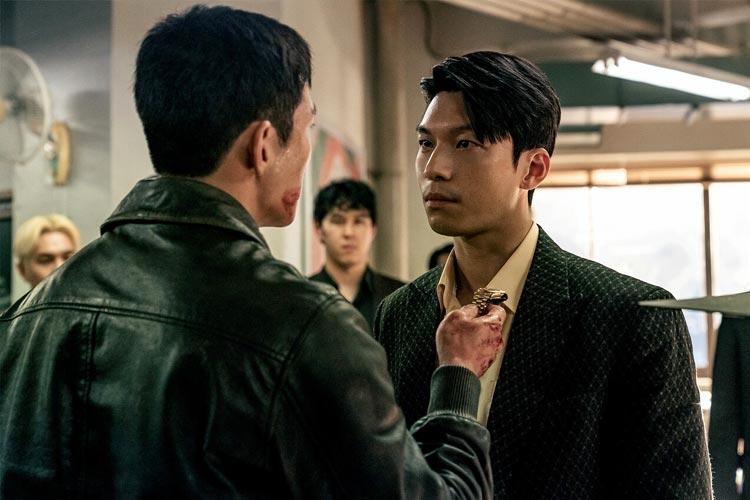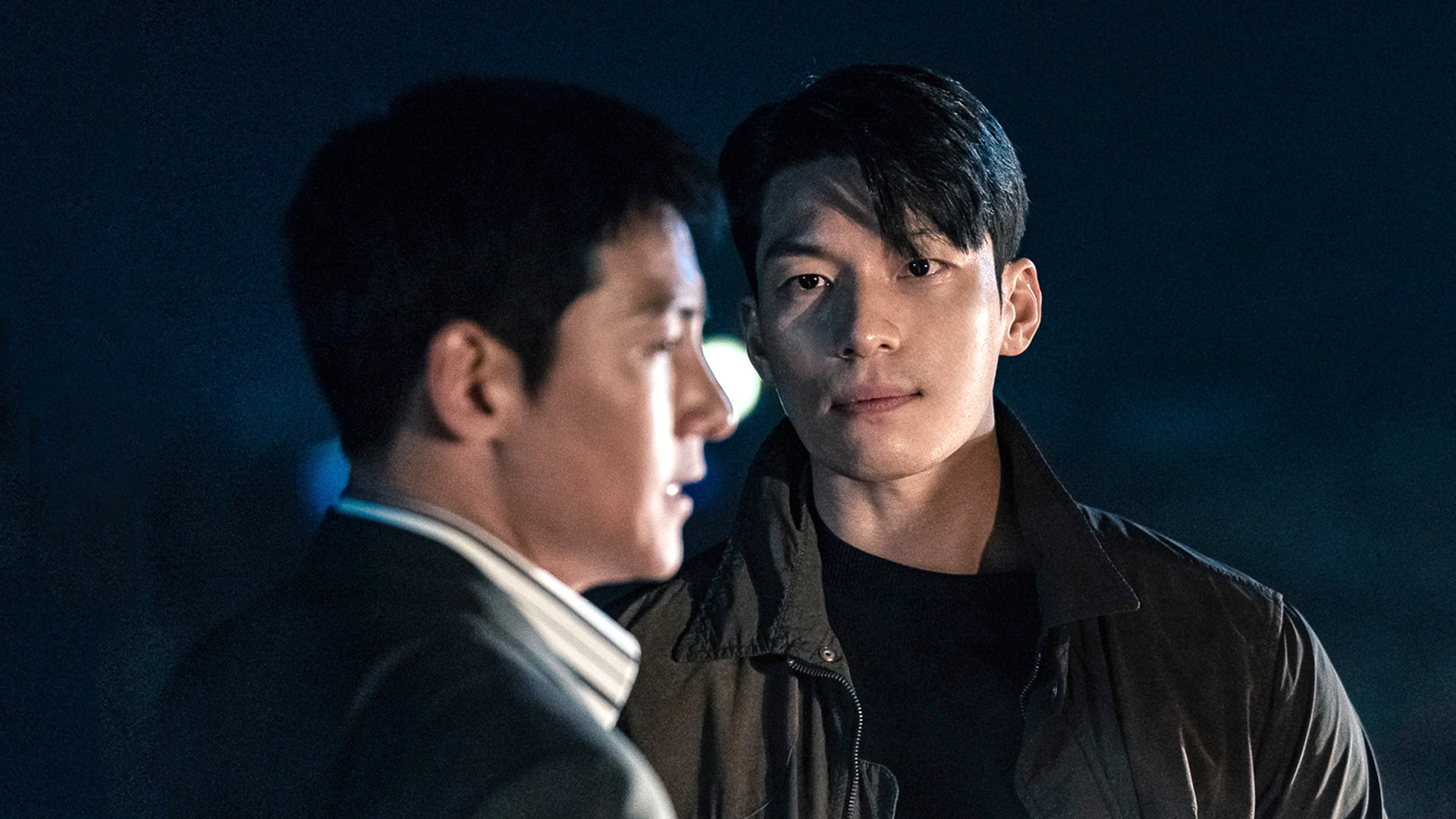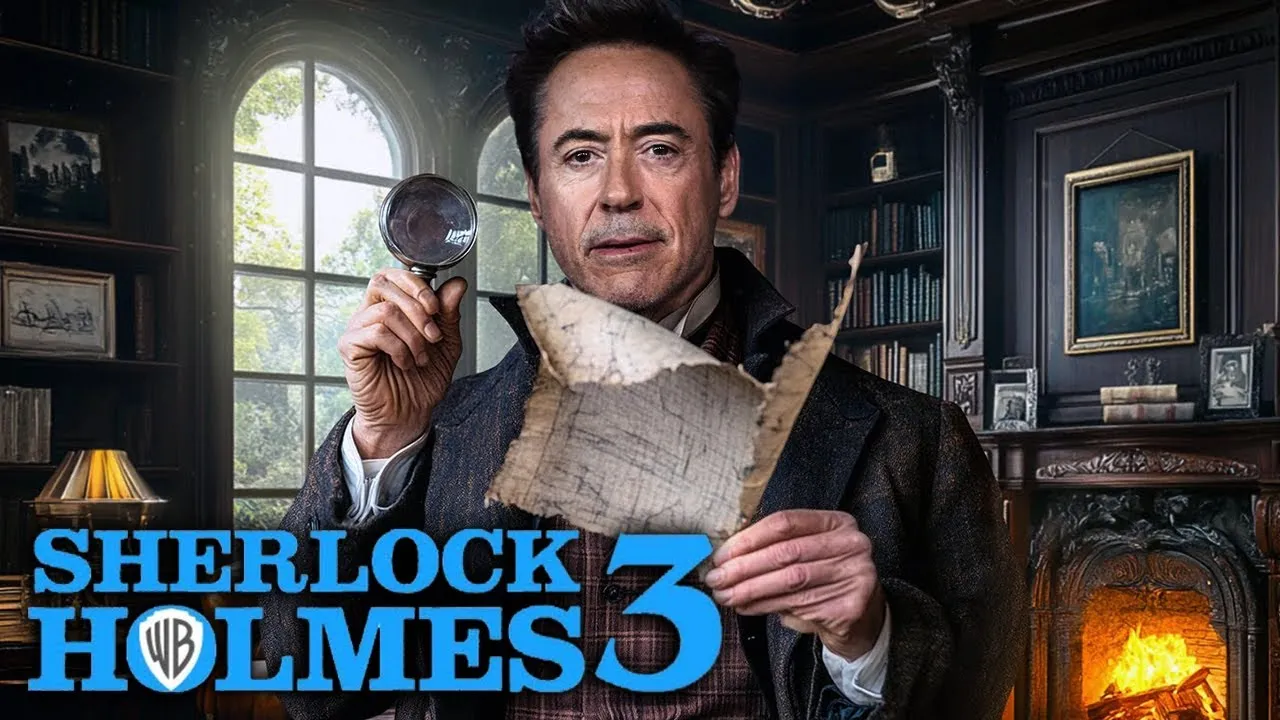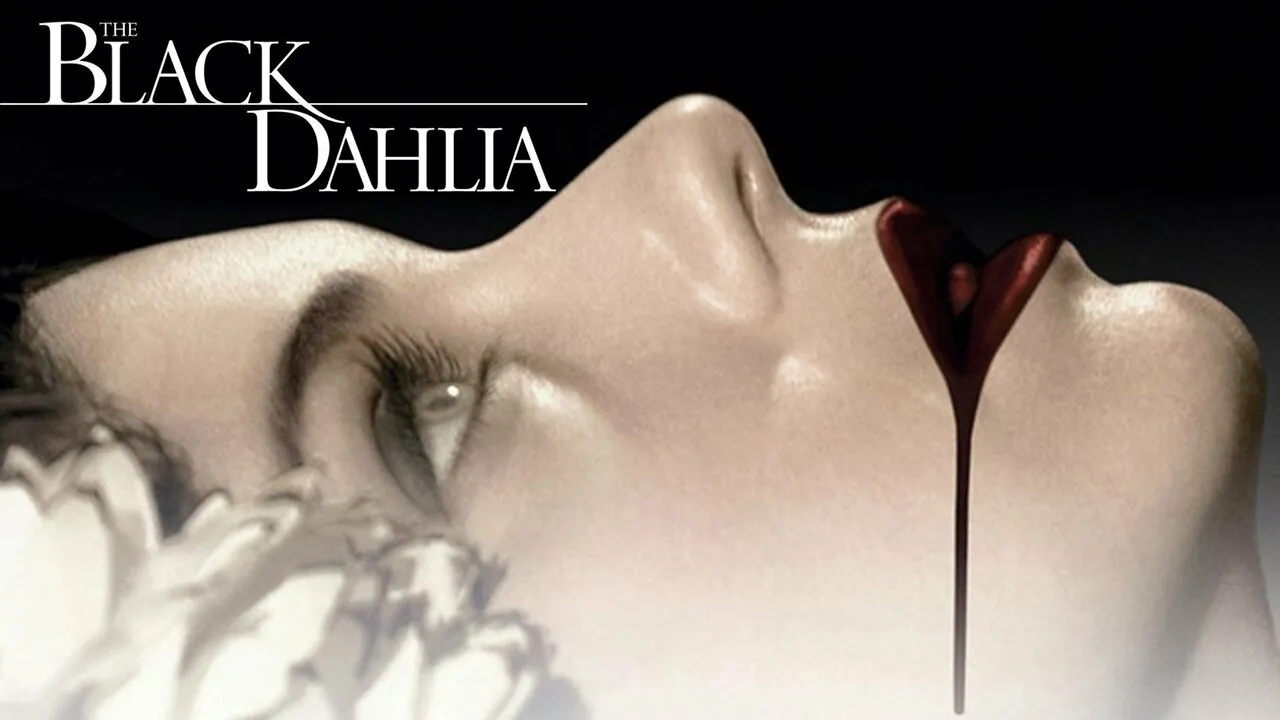Between law and loyalty, blood always speaks louder.
In the neon-lit underworld of 1990s Seoul, there are no straight lines — only blurred loyalties, twisted truths, and blood-stained choices. The Worst of Evil doesn’t just throw us into a drug war — it buries us deep in it, pulling us through layers of deception so tight, you forget who you are.
Directed by Han Dong-wook, this Korean crime noir series is not just about drugs or gang wars. It's about identity — and what happens when you become the monster you’re pretending to chase. Ji Chang-wook delivers a masterclass in restraint and volatility as Park Jun-mo, a low-ranking cop who goes undercover to infiltrate a ruthless drug cartel that operates between Korea, China, and Japan.
His mission is simple: get close to Jung Gi-cheul, the kingpin of the operation, played with magnetic danger by Wi Ha-joon. But as Jun-mo descends deeper into the darkness, the lines between duty and survival start to blur. He’s not just fighting gangsters. He’s fighting himself. And worst of all, his own wife — a narcotics officer — has secrets of her own.

The tension in The Worst of Evil isn’t explosive. It’s suffocating. Silent stares across rain-slicked streets. Gunshots that echo more in guilt than in sound. Conversations laced with unspoken betrayal. Every moment is a slow burn — and every choice feels irreversible.
What makes The Worst of Evil unforgettable is not the violence, but the intimacy of collapse. It shows that evil doesn’t come from the outside. Sometimes, it grows from within.



-1752742637-q80.webp)
-1750131966-q80.webp)